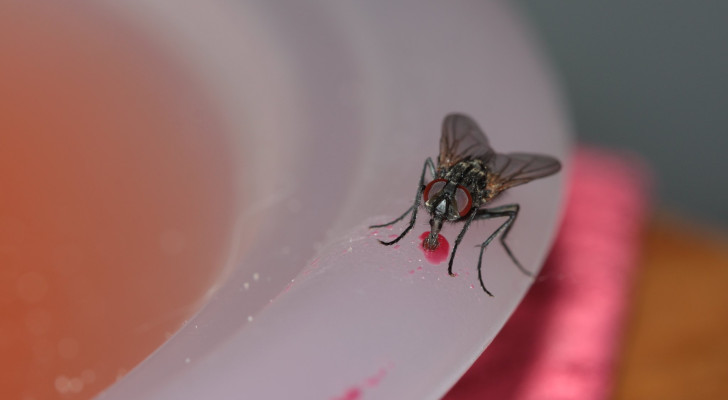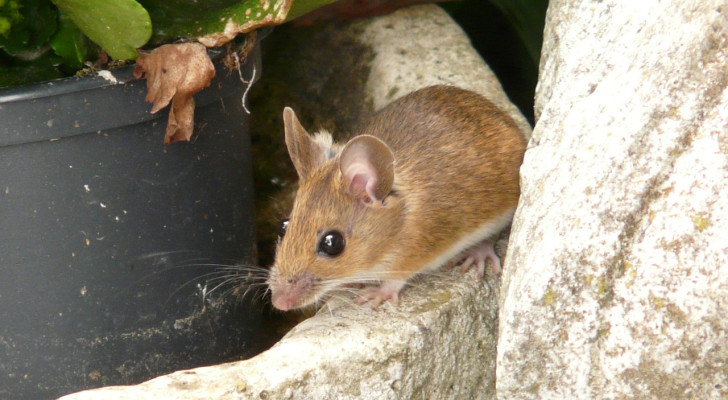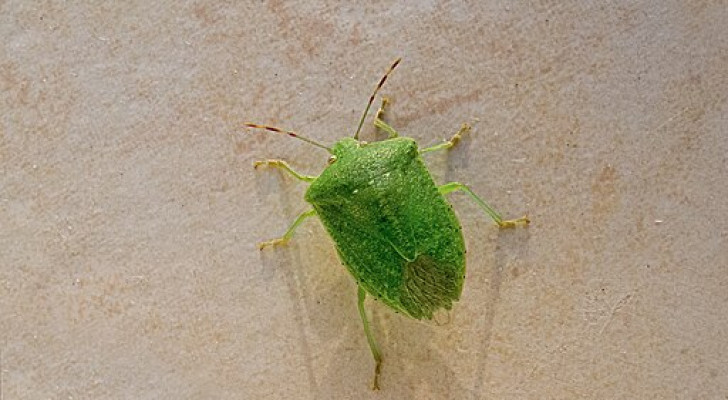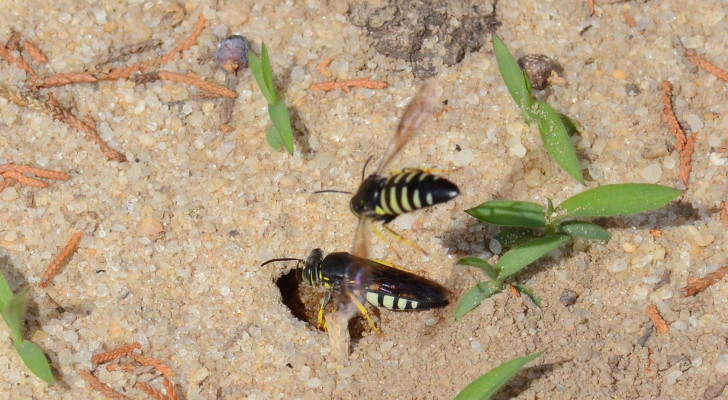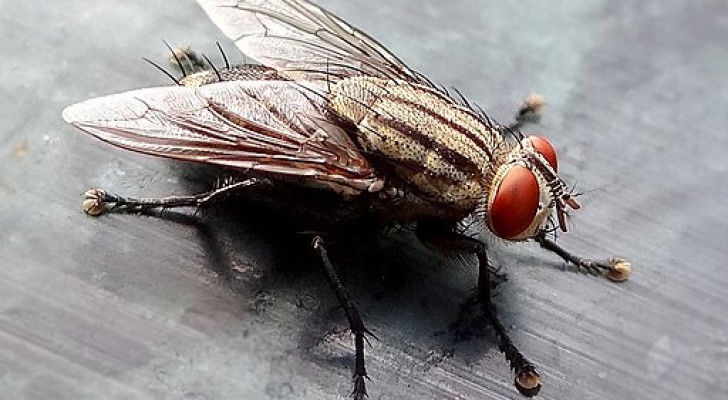Ants in the garden: friends or foes? When and how to eliminate harmful ants using all-natural remedies
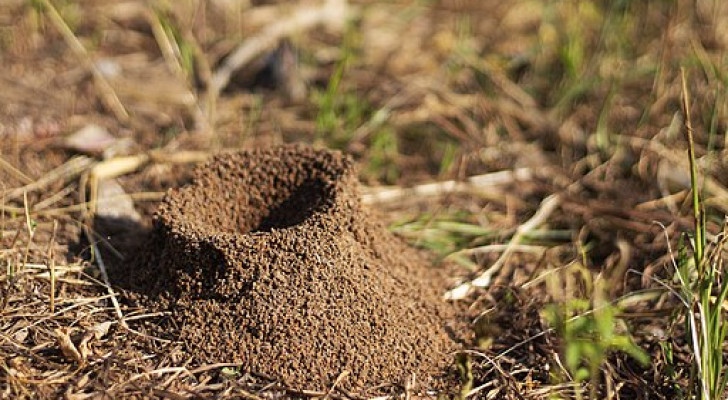
Ayorinde Ogundele/Wikimedia Commons
Ants are very commonly found in gardens, veggie patches and orchids, but sometimes, there are so many nests present that one is forced to take measures to eliminate these ant colonies in order to avoid plants/crops from getting damaged by them. Generally speaking, ants are incredibly useful for the environment, so it is important to know when one actually needs to take action to curb their numbers.
When and how can you eliminate ants from your garden or veggie patch/orchid by using all-natural remedies? Well, keep reading to find out more:
In what way are ants are useful for your gardens and veggie patch?
Ants can bring several benefits to your outdoor areas:
- Soil aeration: with their tunnels, ant structures help with water drainage and oxygenation of the soil and plant roots;
- Pollination: some ant species are also useful for the pollination of plants, helping to distribute seeds that have fallen to the ground;
- Decomposition: by feeding on leaves and organic matter, ants speed up decomposition, thereby providing important nutrients to the soil;
- Pest control: since ants also feed on insect eggs/larvae, this behavior helps to prevent infestations by a other harmful pests (like aphids, for example).
There are a number of ant species that can inhabit your garden - some beneficial, others less so. Being able to distinguish between these different species is therefore critical before taking any drastic action.
- Beneficial ant species: thes ants can coexist peacefully in your garden and veggie patch, providing you with the benefits described above. These species include black ants and yellow ants (although the nests of the latter can be somewhat "unsightly");
- Harmful species: carpenter ants are a commonly-found species that feeds on wood and can therefore damage the structure of your home, let alone the plants in your garden. Currently spreading across Europe, the aggressive fire ant, is a threat to your veggie crops (especially corn and watermelon crops).
When and how to eliminate ants using natural remedies
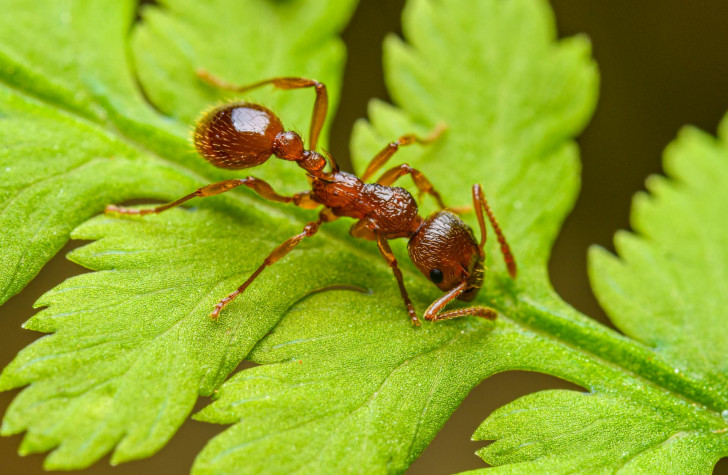
Sometimes, however, it will be necessary to eliminate ants to protect your garden or veggie patch/orchid:
- Destruction of foliage: some species of ants (the leafcutter ant, for example) feed on the leaves, posing a real threat to the well-being of your plants;
- Destruction of wood: some ant species are harmful to wood (like the above-mentioned carpenter ant), be it the wood of trees/plants or the wooden structures of your home;
- Helping to spread aphids: feeding on the honeydew produced by aphids, some ant species (like the red fire ant) can transport these pests from one plant to another, exacerbating an infestation.
So, what are the most suitable all-natural remedies to help combat the spread of ants?
- Spices and coffee grounds: ants do not like the aroma of some common household products and will be repelled by them. Spices such as cinnamon, chilli or cloves sprinkled around plants, will keep ants at bay. Coffee grounds will also have the same effect (and acts as a useful fertilizer). Finally, baking soda will also keep ants away;
- Herbs: the cultivation of aromatic herbs such as oregano, rosemary, mint, basil and marjoram will not only guarantee you a constant supply for your kitchen, but will also discourage the presence of ants (as they do not like these plant aromas);
- Vinegar: when mixed with water in equal parts and sprayed on the ground, vinegar is an excellent ant deterrent;
- Borax: this product can be harmful to humans, animals and plants and needs to be used with caution (and away from your food crops). Mix 150 ml of water with 2 teaspoons of sugar, add a teaspoon of borax and spray on the areas you want to be kept ant-free.
Following these useful tips, ants will no longer pose a risk to your garden, veggie patch or orchid.
